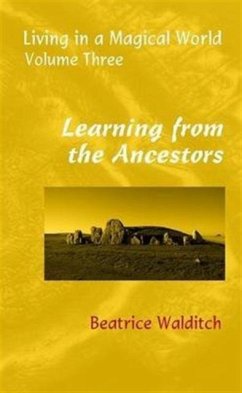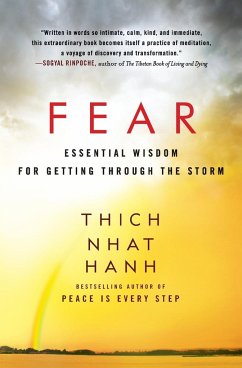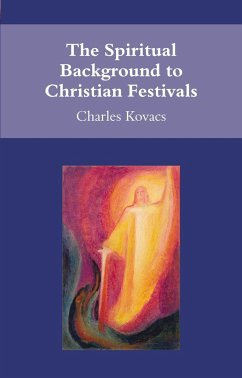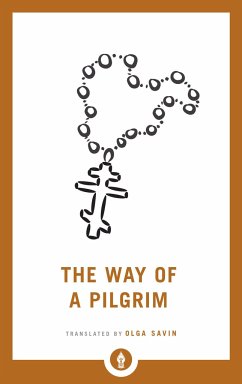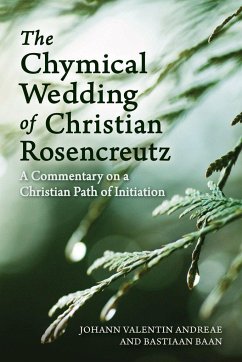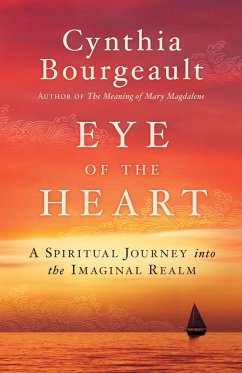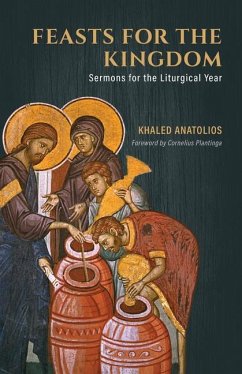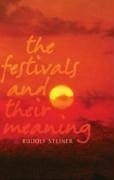
The Festivals and Their Meaning

PAYBACK Punkte
12 °P sammeln!
30 Selected lectures The Festivals and Their Meaning collects thirty of Rudolf Steiner's most important lectures on the festivals of the year. He identifies and illumines the true meaning behind Christmas, Easter, Ascension, Pentecost, and Michaelmas, emphasizing their inner spiritual and outer cosmic aspects. Steiner shows that the festivals do not only commemorate great historical events and truths of the Christian tradition; they are in themselves--each year--spiritual events that manifest in seasonal and natural rhythms and carry a significance that grows and deepens with the development o...
30 Selected lectures The Festivals and Their Meaning collects thirty of Rudolf Steiner's most important lectures on the festivals of the year. He identifies and illumines the true meaning behind Christmas, Easter, Ascension, Pentecost, and Michaelmas, emphasizing their inner spiritual and outer cosmic aspects. Steiner shows that the festivals do not only commemorate great historical events and truths of the Christian tradition; they are in themselves--each year--spiritual events that manifest in seasonal and natural rhythms and carry a significance that grows and deepens with the development of human evolution.






